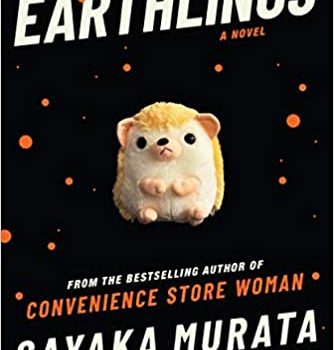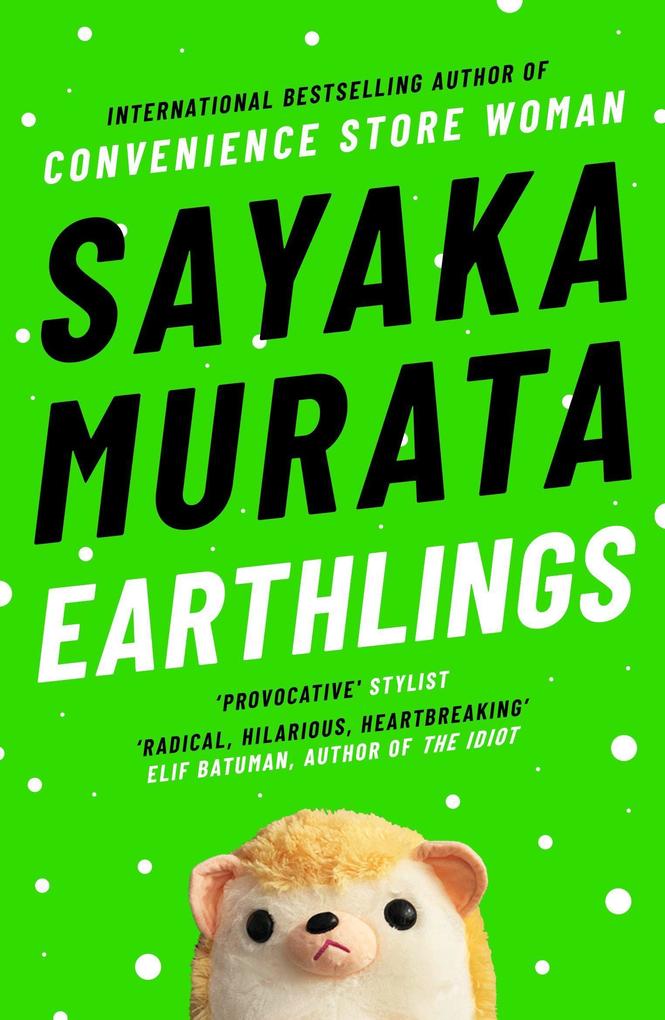

The main character is a girl who does not get on with her family, believes that she is an alien unable to adapt to earth, and is in love with her cousin-also an “alien.” It appears at first to be a girl’s coming-of-age story, before veering into the unexpected territory of sexual abuse, murder, and cannibalism. Her first book after Akutagawa success was the 2018 Chikyū seijin, published in the English translation Earthlings (also by Takemori) in October 2020. In her previous novel, the 2015 Shōmetsu sekai (Dwindling World), sex between married couples is reviled as a form of incest, and women-and men-become pregnant and give birth artificially. Those who only know Murata for Convenience Store Woman might get a shock from reading her other works. When she quit her job, she lost that rhythm, and for a time was almost unable to write at home, working instead at cafés and the publishing house canteen.

As she was writing, she would polish up the world of the story by drawing caricatures of the characters and noting down conversations and scenes as she thought of them on white copy paper. She wrote from two in the morning until six, did her job at the store from eight until one in the afternoon, and wrote again while she ate her lunch. Without a routine, I’d just be playing endlessly in unreal worlds.” It felt like having a small deadline every day, and that became a rhythm. “The evening before days at the store, I’d make a to-do list for the following morning. Murata herself had a part-time job at a convenience store for many years starting when she was a university student, although this was to add structure to her writing life.


While at university, she starts working part-time at a convenience store and through following the manual to the letter, she pretends to be a “normal person.” By the time of the novel, she is 36, unmarried, and still working at the store. The protagonist Furukura is seen as odd from an early age because she does not show her feelings in the same way as others. “Once, a customer was yelling at the clerks, ‘Why don’t you have masks for sale?’ and another time someone was asking accusingly, ‘Where did you get your masks from?’ I’ve felt bad at being the only one in a safe situation, while the staff are exposed to this threatening behavior, and considered whether I should become a store assistant again.”Ĭonvenience Store Woman became a big hit in its English translation by Ginny Tapley Takemori, and versions have also appeared in several other languages. In these pandemic times, when going out typically means straying not much further than the local konbini, she has witnessed painful scenes. She quit due to the physical strain, but says that she still finds herself thinking like an employee when she enters the familiar environment. Convenience Store Woman) won the Akutagawa Prize in 2016, for a while she returned to the convenience store job that had inspired it. Even after Sayaka Murata’s novel Konbini ningen (trans.


 0 kommentar(er)
0 kommentar(er)
